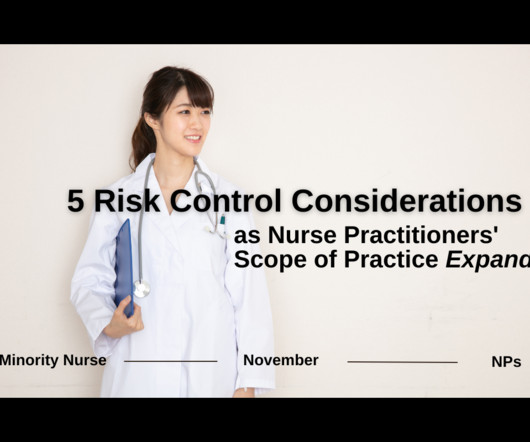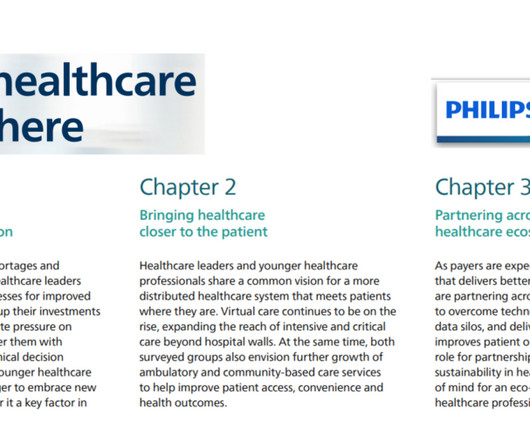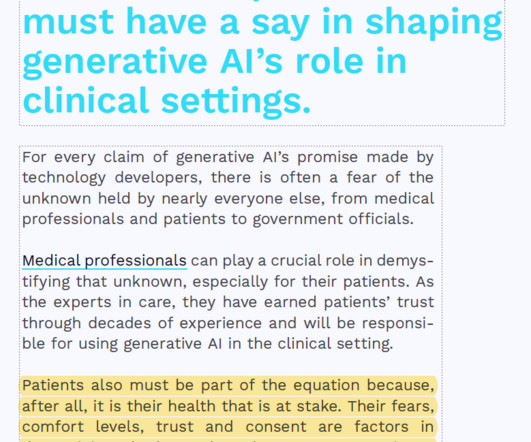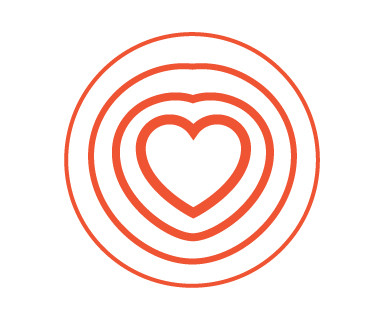5 Risk Control Considerations as Nurse Practitioners’ Scope of Practice Expands
Minority Nurse
NOVEMBER 12, 2024
This means NPs can evaluate patients, diagnose, order, and interpret diagnostic tests, and initiate and manage treatments (including prescribing medications) under the licensing authority of the State Board of Nursing. Since 2023, 27 states and the District of Columbia have granted NPs full practice authority (AANP, 2023).












Let's personalize your content